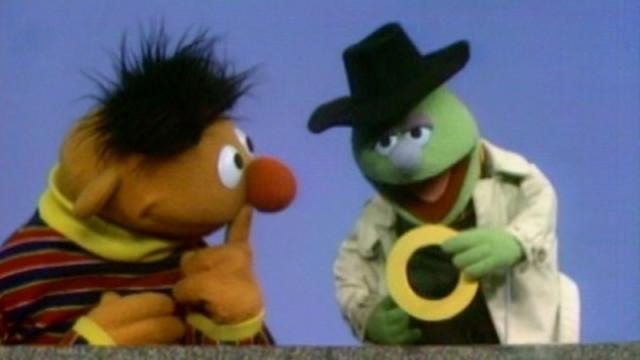Journalists, and bloggers who pose as journalists, get a lot of pitches over email. I get about 20 a day, so I’m pretty heavy on the archive button. But if you’re trying to pitch something you’ve worked on, and you aren’t a professional publicist, you’re actually at an advantage. Last month, game developer Andrew Miller asked me for advice on how to pitch his work for coverage. Here’s what I told him.
Screenshot: Sesame Street
Hi Nick!
Thanks for letting us pick your brain! I’d love some ideas for how to communicate with journalists without being a bad person.
I’m a tabletop RPG game developer. I have a few online friendships with journalists who like what I do, but whenever I consider reaching out to other journalists, I’m concerned about being spammy or wasting their time. What methodology would you recommend for someone who wants to act like a decent human being, treat journalists like human beings, while spreading the word about my stuff?
Thanks!
Andrew
Hi Andrew!
Good news: If you’re worried about being spammy, that already means you probably won’t be spammy!
Here’s one process for getting the right kind of coverage, and making everyone happy along the way:
- First, find written pieces about other game developers – the kind of piece you want someone to write about you or your work.
- Then sort them by how much you wish you had been in those pieces. Maybe you wish you were in the New York Times, because it reaches a wide, mainstream audience. Maybe you wish this one writer at a little-read trade blog would cover you, because their piece did a great job conveying the game dev’s mission. You can like different pieces for different reasons. But this will help you figure out what’s most important to you.
- Now start at the top of your list, and reach out to the writer of the piece. Tell them why you liked it. Feel free to tell them what you like about their other work, too. Be specific, so they know you’re not being fake with them. And of course, be positive; this isn’t the time to debate or critique their work. That seems obvious, but I’ve recieved pitches that started with “Here’s what you got wrong in your last piece…”
- Tell them why your work seems worth writing about. Be confident and don’t self-deprecate. You, Andrew, are probably not at risk of being a blowhard.
Some tactical things:
- It’s OK to start with a form letter that you’d send to every journalist. But customise it as much as you can. It’s also great to write your email from scratch for each journalist. Send a short email first, summarising what makes your work worth writing about (be specific) and asking if you can send more info. You’re not a PR professional – use that to your advantage. You don’t have to use their obnoxious corporate speak, or offer to “hop on a quick call”.
- Always be thankful and polite, even if they’re not.
- Better to have one great piece written than several OK ones. Because a great piece usually spreads to all the other blogs that cover this stuff.
- Write down which blogs picked up the story, and then find a new angle to reach out to those blogs about. They have already written about you, so there’s a decent chance that if you have something new to give them, they will write about you again. (But there’s also a good chance they’re done after that one piece. Oh well.)
Good luck! Let me know how it goes!
Nick
One more note for professionals and amateurs: Only send follow-up emails very sparely, and never send more than one follow-up to the same person. Former Lifehacker writer Patrick Austin once got 13 followup emails on a single unanswered thread. One man messaged Lifehacker’s Two Cents writer Alicia Adamczyk on her work email, her personal email, LinkedIn and Twitter. Whatever you do, try to be the opposite of that man.

Comments